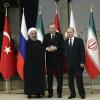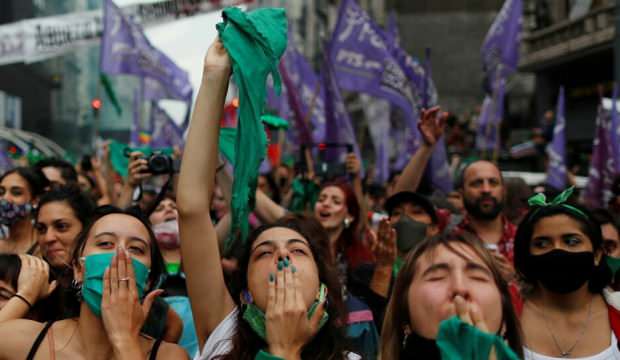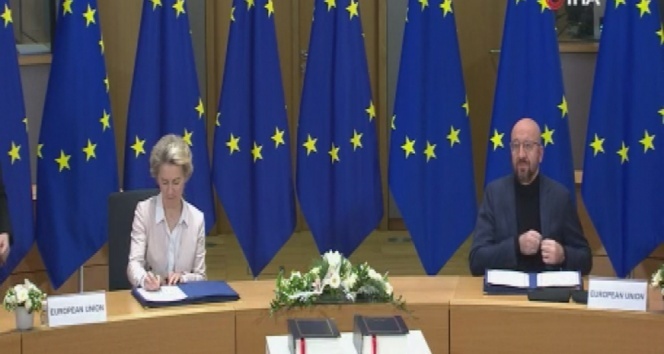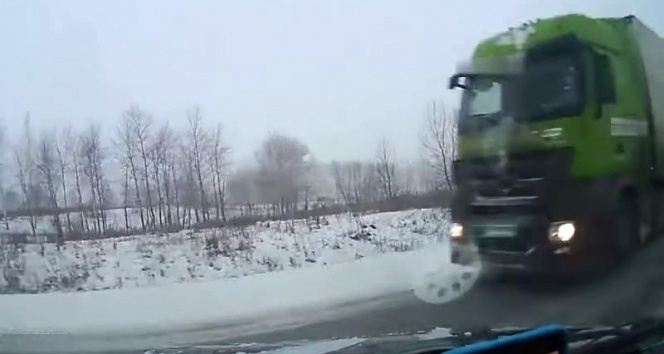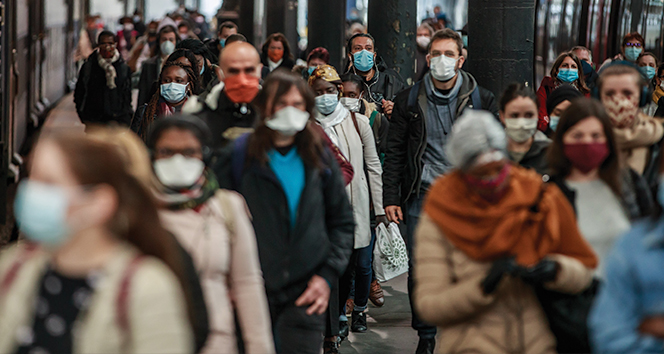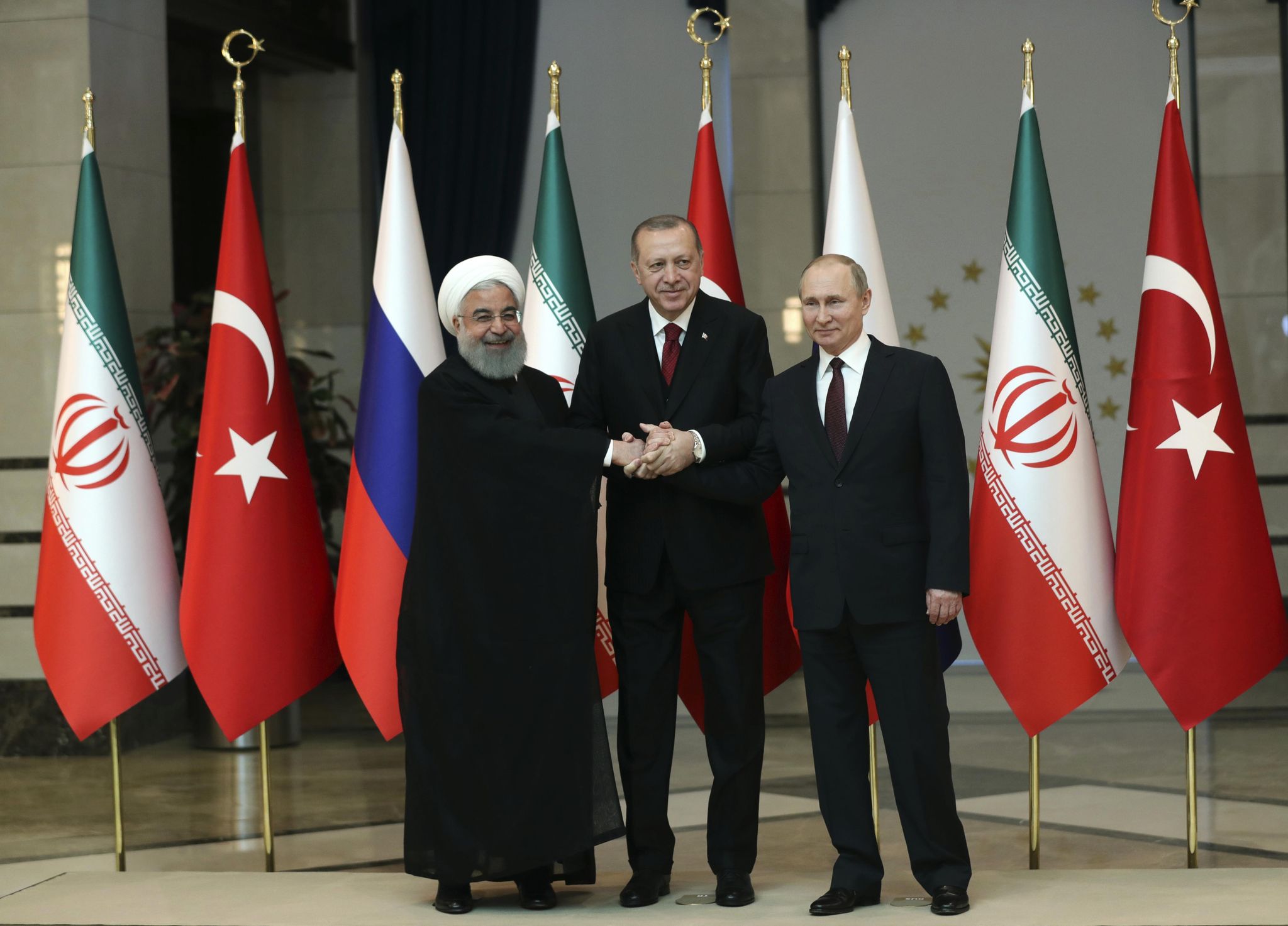
The presidents of Iran, Russia and Turkey began a meeting Friday in Tehran to discuss the war in Syria, with all eyes on a possible military offensive to retake the last rebel-held bastion of Idlib.
TEHRAN, Iran (AP) — The presidents of Iran, Russia and Turkey began a meeting Friday in Tehran to discuss the war in Syria, with all eyes on a possible military offensive to retake the last rebel-held bastion of Idlib.
The summit between Iranian President Hassan Rouhani, Russian President Vladimir Putin and Turkish President Recep Tayyip Erdogan may determine whether diplomacy halts any military action. Even before it began, an airstrike early Friday struck Idlib’s southern edge, killing at least one person.
Rouhani, hosting the meeting, made a point to call on the U.S. to end its intervention in Syria. There are some 2,000 American forces in the country.
“The fires of war and bloodshed in Syria are reaching their end,” Rouhani said, while adding that terrorism must “be uprooted in Syria, particularly in Idlib.”
Each of the three nations has its own interests in the yearslong war in Syria.
Iran wants to keep its foothold in the Mediterranean nation neighboring Israel and Lebanon. Turkey, which backed opposition forces against Syrian President Bashar Assad, fears a flood of refugees fleeing a military offensive and destabilizing areas it now holds in Syria. And Russia wants to maintain its regional presence to fill the vacuum left by America’s long uncertainty about what it wants in the conflict.
Northwestern Idlib province and surrounding areas are home to about 3 million people — nearly half of them civilians displaced from other parts of Syria. That also includes an estimated 10,000 hard-core fighters, including al-Qaida-linked militants.
For Russia and Iran, both allies of the Syrian government, retaking Idlib is crucial to complete what they see as a military victory in Syria’s civil war after Syrian troops recaptured nearly all other major towns and cities, largely defeating the rebellion against Assad.
A bloody offensive that creates a massive wave of death and displacement, however, runs counter to their narrative that the situation in Syria is normalizing, and could hurt Russia’s longer-term efforts to encourage the return of refugees and get Western countries to invest in Syria’s postwar reconstruction.
For Turkey, the stakes couldn’t be higher. Turkey already hosts 3.5 million Syrian refugees and has sealed its borders to newcomers. It has also created zones of control in northern Syria and has several hundred troops deployed at 12 observation posts in Idlib. A government assault creates a nightmare scenario of potentially hundreds of thousands of people, including militants, fleeing toward its border and destabilizing towns and cities in northern Syria under its control.
Naji al-Mustafa, a spokesman for the Turkey-backed National Front for Liberation, said Friday his fighters were prepared for a battle that they expect will spark a major humanitarian crisis.
“The least the summit can do is to prevent this military war,” he said.
Early on Friday, a series of airstrikes struck villages in southwest Idlib, targeting insurgent posts and killing a fighter, said Rami Abdurrahman, the head of the Britain-based Syrian Observatory for Human Rights. Abdurrahman said suspected Russian warplanes carried out the attack.
Turkey also doesn’t want to see another Kurdish-controlled area rise along its border, as it already faces in northern Iraq.
___
Associated Press writers Zeina Karam and Sarah El Deeb in Beirut contributed to this report.
